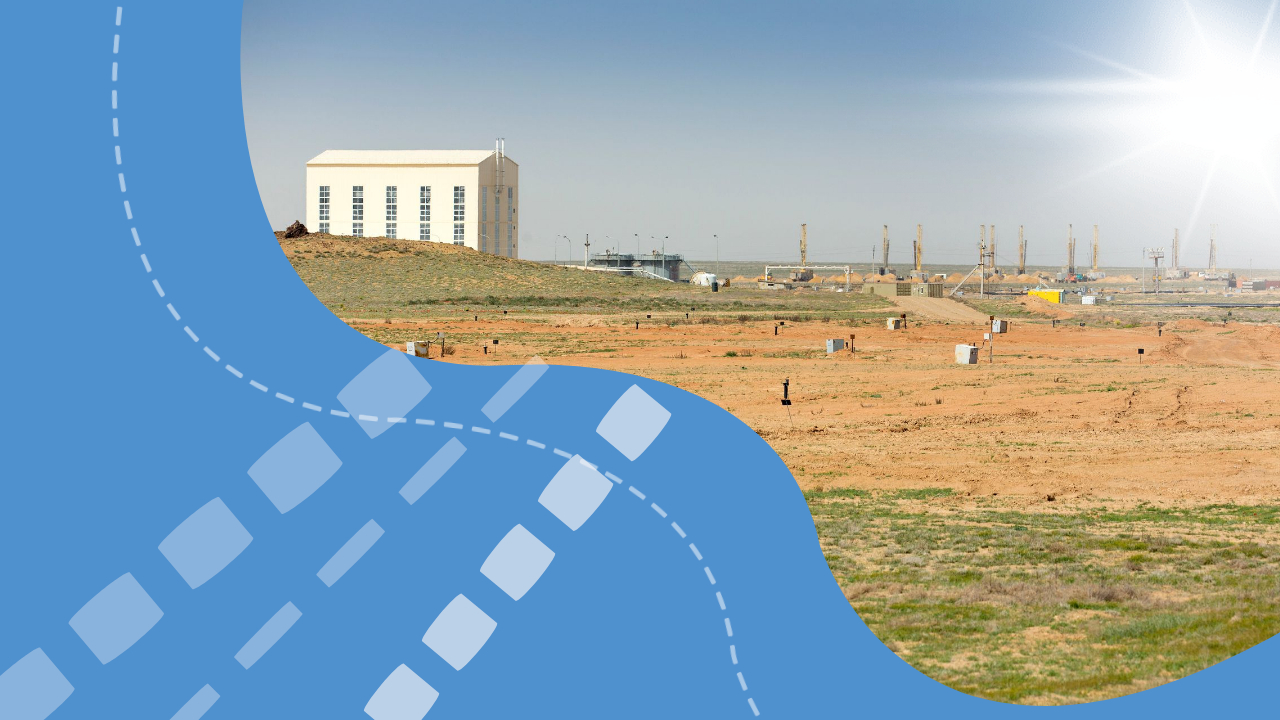Eastern German lignite mining and power plant company Leag has received approval for up to 1.75 billion euros in state support to facilitate the “early” phase-out of coal-fired power production in eastern Germany. This follows an agreement between the European Commission and the German government, confirming that the compensation payment aligns with EU subsidy regulations. The funds will help Leag transition from fossil fuels and create new jobs in the Lusatia region ahead of the coal exit’s final deadline in 2038.
The Commission’s decision came after a review that started in 2021, prompted by local policymakers and the German government. “This is an important step for the people in this region,” said Germany’s economy minister Robert Habeck. The compensation will fund social support programs for coal workers and the restoration of former mining areas.
Habeck emphasized that the payments to Leag are part of broader government measures to support the region’s shift to climate-neutral energy generation and industrial production. With targeted support for innovative transformation technologies, the government aims to foster a thriving economy in Lusatia. Leag CEO Thorsten Kramer welcomed the agreement, calling it “an essential element for our further successful transformation to being a green powerhouse.”
The deal with the Commission and the initial plan from Germany’s previous government includes a gradual release of the funds. The estimated cost of phasing out coal is around 1.2 billion euros, which Leag will receive as a minimum. Additional funds of up to 550 million euros depend on the potential profitability of closed coal plants and the foregone profits due to the phase-out. The economy ministry stated that this process ensures Leag is not “overcompensated” for its role in the coal phase-out.
Assessing Leag’s compensation was more complex than for its western counterpart RWE, which agreed to close its plants well before the 2038 deadline. The Commission will continue to review the scheme and release a formal decision in the coming months.
Christian Ehler, from the conservative Christian Democrats (CDU) representing the region in the European Parliament, said the agreement brings clarity after three years of negotiations. “Leag can continue on its path of renewable power, hydrogen-ready power plants, and energy storage,” Ehler said. He added that the decision shows “the EU isn’t abandoning East Germany,” marking a milestone in Lusatia’s ambition to become Europe’s first Net Zero Valley.
The agreement did not specify an end date for coal before 2038. However, Bernhard Herrmann, a member of the government committee for climate and energy from the Green Party, noted that the expansion of renewables will naturally phase out coal plants as they become less profitable. He argued that the deal would reduce taxpayers’ costs for the phase-out, with coal companies likely to take their plants offline voluntarily due to decreasing profitability.


